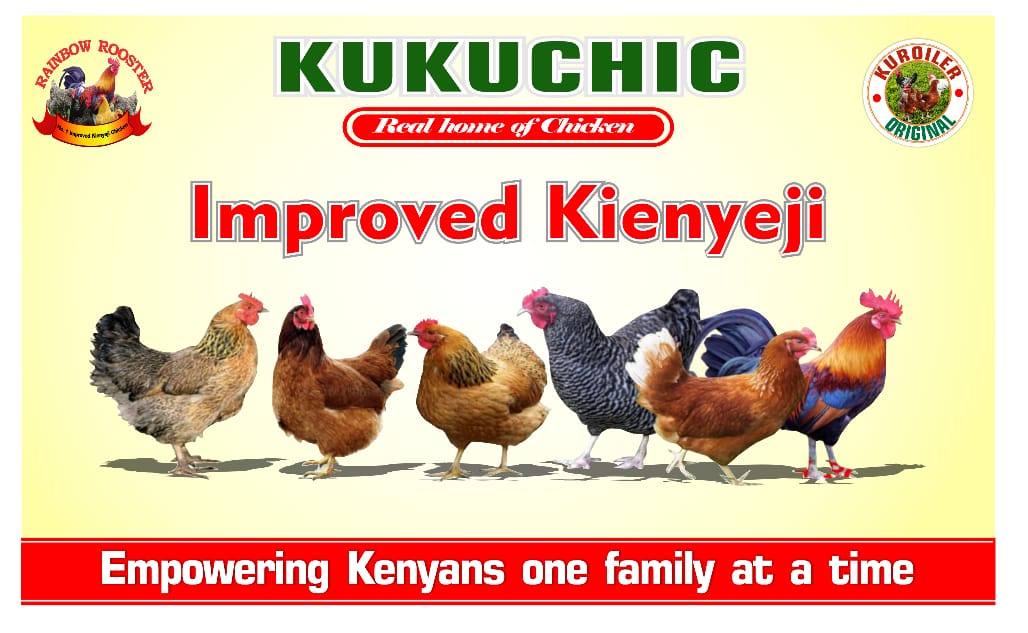Husbandry is the care, maintenance, and breeding of poultry
To achieve good bird, barn, and gut health one requires operational excellence and attention to detail. A combination of quality nutrition, vet guidance, and increased consideration of barn and bird management will help to ensure you have the best possible chance to perform at their maximum potential. The following are factors to consider in poultry husbandry
Biosecurity
Effective biosecurity can aid hygiene, vermin, and insect control on the farm and help to limit disease transmission within and between barns
Downtime between flocks
Adequate downtime of at least 14days with appropriate cleaning and disinfection measures between flocks help to reduce transmission of diseases between flocks and allows time to prepare for the next flock
Pre-placement preparation
It helps to reduce losses during brooding and the rest of growth out. Checkpoints to keep in mind; heaters, floor temperature, temperature, and relative humidity, ventilation, drinkers, and feeders
Coccidiosis prevention
Coccidiosis is caused by a microscopic intestinal parasite, the parasite has an impact on intestinal integrity and predisposes birds to the intestinal problems
Brooding management
With today's improved genetic capabilities and fast growth of birds, more time is being spent during the critical brooding phase. Ensuring a good start in poultry production can have sufficient impact on the future health and performance of birds, the brooding period is an Important time for intestinal growth and development of a balanced microflora
Litter management
Litter acts as bedding for birds. In addition to birds standing and resting on the litter they naturally peck them. Litter should therefore be kept clean starting from when the chicks are placed all the way through production. Wet litter presents a vicious cycle for intestinal health, It also increases ammonia level in the poultry house. Dry litter is an indication that the birds haven't taken enough water while too much dust may lead to respiratory problems
Water management
Water accounts for 70-80% of the bird's nutrients, poultry generally consumes more water than feeds making water the most crucial nutrient for poultry. An abundance of clean water will reduce challenges and maximize performance. How to manage your water; cleaning of drinkers line, flushing water lines between flocks and during production and eliminating mineral build-up, and maintaining drinking equipment
Feeds management
Birds must have easy access to feeds, proper feeds line heights corresponding to the height of the birds helps to reduce feeds wastage and mixing feeds with litter, and it ensures all birds access to feeds. Provide birds with good quality feeds free from contaminations.
Stocking density
A higher stocking density of poultry in addition to crowded housing conditions has been shown to have a negative impact on performance, causing stress to both birds and intestinal microbiota. Lowering stocking density through the overall production of birds may help to reduce challenges
Environmental management
General environmental management of poultry house includes many components such as temperature, relative humidity, ventilation, and light. Understanding that these components work both separately and together can help to guide your management practices
Monitoring during times of transition
Monitor the temperature, humidity, and ventilation inside the poultry house, as well as outside temperature, .monitor feeds and water consumption helps to monitor stock progress
Keeping an eye on the equipment
Walking the barns routinely also help to ensure equipment remains in working order
Mortality check
Cull diseased birds as early as possible
Flocking health management
Work with the vet to design a program customized for your flock's health
Communication and teamwork
Ensure strong communication and coordination between those involved in helping your farm run smoothly which will ensure a stronger and more successful gut health
